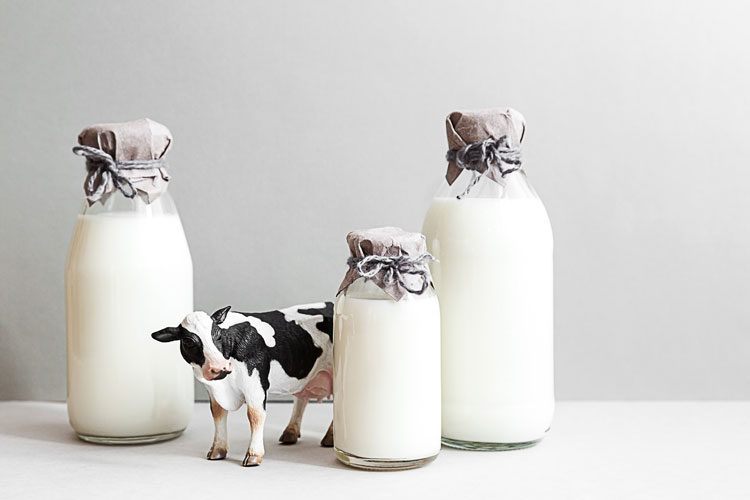
As we have seen before, the intricacies of the Federal Milk Marketing Order system mean that any changes to the orders will result in multifaceted consequences. Being able to balance how all stakeholders in the dairy supply chain — farmers, processors, and consumers — are impacted by those consequences will determine how effective any changes are.
On the May 5 Hoard’s Dairyman DairyLivestream, Alan Zolin emphasized that how federal order changes “improve” the system or not depends on your perspective. In addition to working for Kraft’s dairy procurement division, Zolin was employed at the USDA’s Agricultural Marketing Service in the federal order system for a number of years. Trained in accounting, he noted that in the early years of his career, he found federal milk marketing orders more complex than our nation’s tax code.
With that perspective, Zolin offered three standards that must be met for federal order changes to be truly successful:
- Increase the total revenue in the pool that is available to satisfy dairy farmers.
- Keep processors whole and allow them to be competitive in the marketplace.
- Be flexible enough to answer the consumer who wants and needs high-quality and innovative dairy products.
“I don’t know if that type of improvement exists, and I know it certainly cannot be made by small tweaks to the system,” Zolin admitted. “But if we keep that major idea as a goal, one day I think we actually will achieve a system that is considered an improvement by all participants.”
Areas for focus
The issues that Zolin identified as being part of the solution are all intertwined and do not stand alone, he reminded. “If you make one change, it changes something else. You really have to think about the whole ball of wax,” he remarked.
The Class I mover was a topic of further discussion on the episode and has also received much attention after the switch from “higher of” to the “average of” formula. Another issue Zolin brought up was advanced pricing, which operates in the background of the other areas of concern. It leads to concerns around depooling and negative producer price differentials (PPDs). “The timing of when prices are used to calculate the class prices can create problems because we have very volatile markets these days,” Zolin said.
He also mentioned that end-product pricing works only when the components of the prices are updated regularly. Make allowances haven’t been updated for over a decade, and there are consumer, fuel, and other product costs that could be used to make the price more accurate, Zolin stated.
There’s no easy way to address these problems, but when they are considered in totality, Zolin believes improvements are possible to meet the needs of the many moving parts the federal order system serves.
An ongoing series of events
The next broadcast of DairyLivestream will be on Wednesday, May 19 at 11 a.m. CDT. Each episode is designed for panelists to answer over 30 minutes of audience questions. If you haven’t joined a DairyLivestream broadcast yet, register here. Registering once registers you for all future events.








